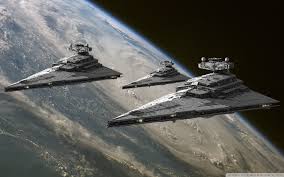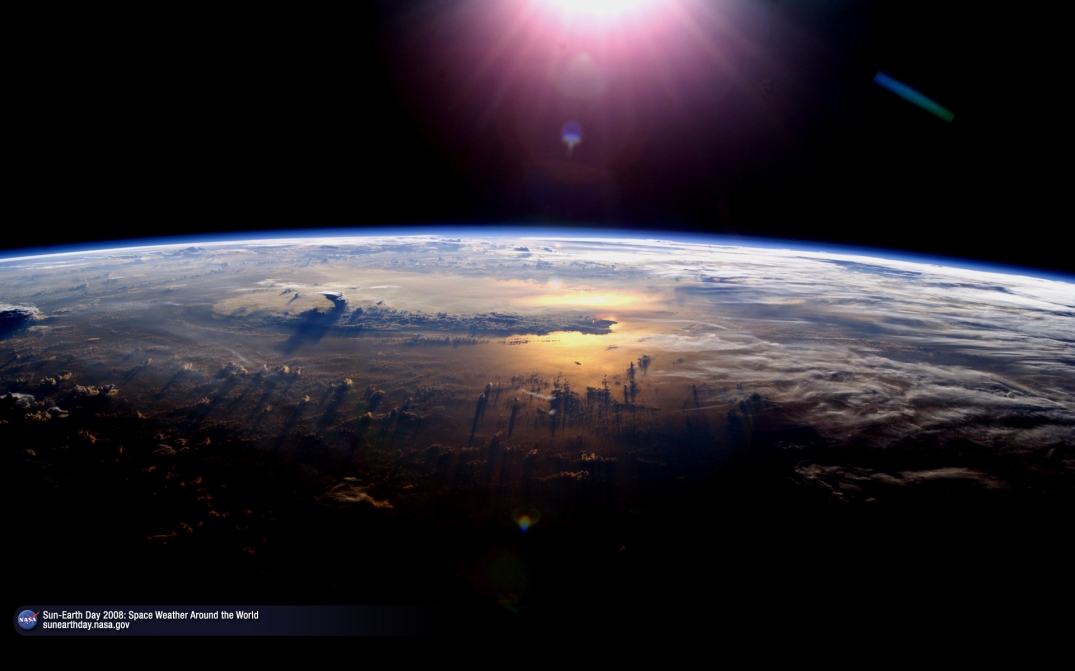50 years of human space flight and we are still in low Earth orbit. On July 20th 1969, Apollo astronauts made one small step for mankind on the moon. During this era, space technology matured at an unimaginable rate. Even more amazing, this moon landing occurred only 12 years after the first artificial satellite. This meant that rocket technology was sophisticated and advanced enough back then to launch objects and people into orbit and beyond. This was over 46 years ago. In fact, a 1969 report from the Space Task Group stated that “NASA has outlined plans that would include a manned Mars mission in 1981” (hq.nasa.gov). But where are we now? We are just six scientists strong orbiting 250 miles above Earth. What happened to our space program? Why is space travel still so expensive? When are we going to be able to vacation on the moon and visit Mars? The answer is never, at least if we continue approaching space travel the way we do today.
Our current rockets are expendable, meaning that once they launch, we don’t get them back. This is something most people don’t think about because rockets have always been that way. Imagine driving a car and throwing it away after one use. Imagine flying a plane and then throwing it away after one use. That would be absurd. No one would be traveling anywhere if that were the case. Unless we suddenly discover a new technology, chemical rockets are the only things that produce enough thrust to get to space. However, if rockets became reusable, space would be revolutionized. Elon Musk, CEO of SpaceX, states that with reusable rockets, “more than a 100-fold improvement in the cost of space flight is achievable. This ratio is comparable to that of aircraft, which are, of course, highly reusable”. Imagine a rocket launch every few minutes or hours instead of the current every few weeks/months.
This has unimaginable applications ranging from business to leisure to science. Imagine the stunning views on your space vacation. Imagine being the first life a planet has seen. Imagine all the job opportunities on literally a world. Even on Earth, everyone would benefit from cheaper rockets. Any launch involving the government would use your tax dollars more efficiently. Any satellite meant for the public such as television, weather, and communication would be cheaper too. Even if building rockets were free, building it still takes weeks or months. The engines are complex and the rocket itself is the height of a tower. Having it been over 46 years since the Apollo moon landings, us still throwing away rockets is a major concern. If we don’t change now, humans will never make it to space.



